Being playful, on the warm sunny days after the rain, waiting for spring to come, a friend invited me to visit the Ba Long war zone, I suddenly remembered some verses of Luong An's poem: "My boat goes up and down Ba Long/ Carrying cadres through the war zone (...) Whoever goes to Tram wharf, go back early, it's hard to row in the rain at night" (The Ferrywoman).

Thach Han River flowing through Quang Tri Town - Photo: V.LAN
The verses carry the love for the land and people of Quang Tri, flowing through two resistance wars, until today, after half a century of peace and unification, still resound on the rivers, in a countryside with many rivers, many wharves and many beaches. This is also Luong An's most famous poem, to the point that when mentioning him, people immediately think of The Ferry Girl and many people mistakenly think that he only has this one poem, calling him "the poet of one poem".
In fact, although he was a political/cultural cadre, he also had a literary career that left a strong mark on the cultural homeland where he was born and raised: Nang Hien Luong (poetry, 1962), Ve chong pha (research, 1984), Tho Tung Thien Vuong Mien Tham (research, 1994), Tho Mai Am and Hue Pho (research, 2002), and Anthology of Luong An (2004).
Luong An's real name is Nguyen Luong An, born in 1920, in Trieu Tai, Trieu Phong, Quang Tri. He studied in his hometown and then went to Hue National School, graduated from Thanh Chung, and was studying for the Baccalaureate when he joined the Viet Minh (May 1945), the August Revolution, he worked at the Central Administrative Committee, then the Quang Tri Provincial Administrative Committee.
Since then, he has held many positions such as cultural and artistic activities in the Provincial Party Committee, Lien Viet Front of Quang Tri province, then Lien Khu 4 Party Committee (1949), Chief Editor of the Cultural Activities and Thong Nhat newspapers (1958-1972), Deputy Head of Quang Tri Cultural Department (1973), Standing Member of the Literary and Artistic Association of Binh Tri Thien province (1983) until his retirement (1984).
Some people say: “Before the August Revolution around 1941, he worked as an administrative civil servant and started writing poetry, but without much success” (Tran Manh Thuong, Vietnamese Literary Writers, volume 1, Culture and Information Publishing House, 2008, p.1045). In fact, Luong An came to poetry from the days when he left his hometown to study at Quoc Hoc school and began publishing his first poems in Trang An newspaper ( Spring in the Homeland, By the Perfume River, Before, Knitting ao...).
Of course, in the general trend of the new poetry movement at that time, the poetry of a young man of nineteen or twenty like him also shared the same tone with romantic poetry: "Spring in my hometown is like a flower bloom/The winding road is bustling with people passing by/The thin curtain of mist clings to my warm feet/The branches and leaves calmly wait for the fading sunlight" (Spring in my hometown, composed in Hue, 1939).
After finishing Thanh Chung, he continued studying for the baccalaureate for a few months, but because his family was poor and had many siblings, he had no money to continue studying. "Luong An then took part in the civil service exam in the Southern Dynasty in 1941 and was appointed as a "thua fei" - a position of daily secretary entering official documents at the Ministry of Personnel.
It was during these years, thanks to living in a land where many talented poets of the country gathered, and also due to his free time, Luong An published his first poems in the Trang An newspaper, the newspaper he regularly collaborated with, with the title of "sports reporter" (Nguyen Khac Phe, Thay Loi Epilogue, book Tuyen Tap Luong An, Thuan Hoa Publishing House, 2004, pp. 568-569). And, it was also in this position that he provided information beneficial to the Viet Minh, through his fellow countryman and classmate, the journalist Hong Chuong.
During his lifetime, poet Luong An had a poem called Village, with the dedication “To the villages of Quang Tri”, in which he once recognized the revival: “Rice plants revive in bomb craters/ Potato vines cover the layer of ash/ And everything seems to be green again/ With the laughter of the village/ In me, the village suddenly becomes young/ Each name sounds very proud/ As if nothing has been lost/ As if it is still growing and beautiful for the future”. |
In addition to the poem "Giọt mẫu chung" , more than a thousand verses long (first published in the Luong An Collection, 2004), written about the struggle of the Kinh Thuong people in the Central Highlands, it can be said that in his entire writing career of more than sixty years, Luong An has deeply immersed his pen in the land and people of Binh Tri Thien, where he was born and attached to on his career path, including in the three literary genres in which he has participated: poetry, research and portraiture. That is a dense aesthetic area, where aesthetic sense and content arise, the author's creative homeland.
Just by skimming through the titles of the works, one can realize this. With poetry, there are sparkling Sunshine Hien Luong, Returning to Hien Luong, Hien Luong Banks, Road to Vinh Kim, Cua Tung Waves, Remembering Cua Viet Homeland, On Sa Lung River, Listening to the Legend of Dakrong River, Song about Thach Han River, Hai Lang Night, Tam Giang, By Huong River, Oh Hue 16 Years Away ... then there are the people - the people who once sacrificed for the resistance, as simple and gentle as potatoes and rice grains, working hard but very intelligent and resilient around the border area, just by reading the titles one can imagine that they are people shining in the smoke and fire of bullets and bombs: The ferry girl, The old soldier, The old man in the upstream area, The old man by the river, The girl by the river, Sending you across the border, Meeting a young doctor in the mountains on the bus, Eleven Hue girls...
His poems are narrative in nature, stories about people and the land, rivers and water, expressing the desire for peace and unity, the thoughts of people in the poor countryside, full of pain and resentment because of the division and the bombs: "Talking about his homeland in the South, Luong An does not have the pain and sorrow, nor does he have the empty shouts and hatred. He tries to listen and chooses events that touch the reader's mind" (Hoang Minh Chau, Poems about the struggle for unification , Literature magazine, 207).
Regarding prose, his elaborate, careful, scholarly, and pioneering works of collection and research also revolve around the land and people he loves, such as Verses Against the French (also mainly collected in the Binh Tri Thien area and the old zone 4), Tung Thien Vuong Mien Tham, Tho Mai Am and Hue Pho, which are works that are not inferior to any professional researchers with any academic degrees.
Besides, he also has bold portraits, such as character memoirs about famous people, authors and people who have contributed to the country, full of discoveries associated with the history and culture of his homeland, such as Duong Van An, Nguyen Ham Ninh, Le Thanh Phan, Duong Tuong, Tran Xuan Hoa, Nguyen Duc Don...
He even has a relatively complete and consistent view throughout the history of the authors before 1945 from Quang Tri province, such as Dang Dung, Bui Duc Tai, Nguyen Huu Than, Nguyen Cong Tiep, Nguyen Van Hien, Nguyen Cuu Truong, Tran Dinh Tuc, Phan Van Huy, Hoang Huu Xung, Nguyen Nhu Khue, Nguyen Trung, Le Dang Trinh, Nguyen Huu Bai, Hoang Huu Kiet, Le The Tiet, Phan Van Hy, Phan Van Dat, with the endless concern and sense of responsibility of an intellectual towards his homeland: "Just counting the Nguyen Dynasty, Quang Tri had 4 royal doctors, 11 doctors, 10 deputy doctors, and over 165 bachelors of Chinese studies, but up to now the number that the authors have grasped is not commensurate. Surely, in addition to the loss through natural disasters, fires, and wars, our incomplete search is also a cause" (Luong An Collection, ibid, p.375).
In addition, as an insider, he also introduced literary and artistic organizations during the resistance war in Quang Tri such as Nguon Han group (Not in the same country, Han source), had opinions or debated some current literary issues, such as Some opinions through the compilation and translation work in some recently published books with content related to Thua Thien Hue, Discussing more about the author of the article "Teeth biting tongue", Reading the exchange with Mr. "Nam Chi..."; or in another direction, he delved into geographical research about the land, mountains and rivers of his hometown, such as The legend of Dakrong river, Xuan My literature, Non Mai river Han, Forever flowing river...
His research works and portraits are full of events, reliable documents, rich in discovery and criticism, tightly argued and sparkling with images, so they are convincing to readers. Especially, behind the pages of the book, one can hear the breath of each word, below the depth of cultural sediments rich in humanity of the Quang Tri countryside, and more broadly, the undulating spiritual beings stretching from Deo Ngang to Hai Van.
Meeting the beautiful, young girls, the great-grandchildren of the old ferrywoman “going up and down Ba Long”, in the bright spring days, my heart suddenly felt sad, and I wished for something that would never come true, that if only Luong An were still alive today to see with my own eyes his beloved homeland changing day by day. Indeed, Quang Tri is now as bright as spring, much more beautiful, with the trans-Asian highway, industrial parks, seaports... and even the airport construction project. The whole of Quang Tri is joyfully welcoming spring with bright yellow apricot blossoms.
Pham Phu Phong
Source









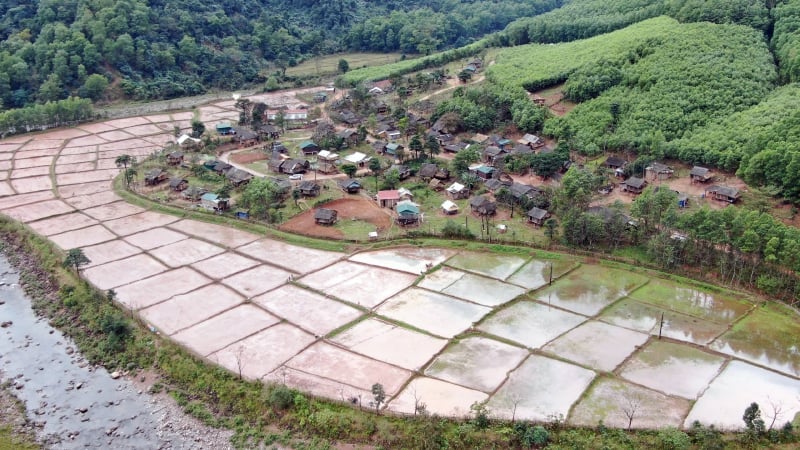
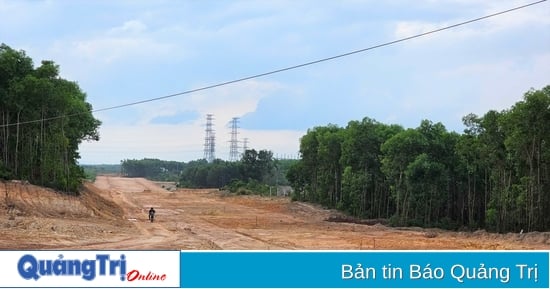

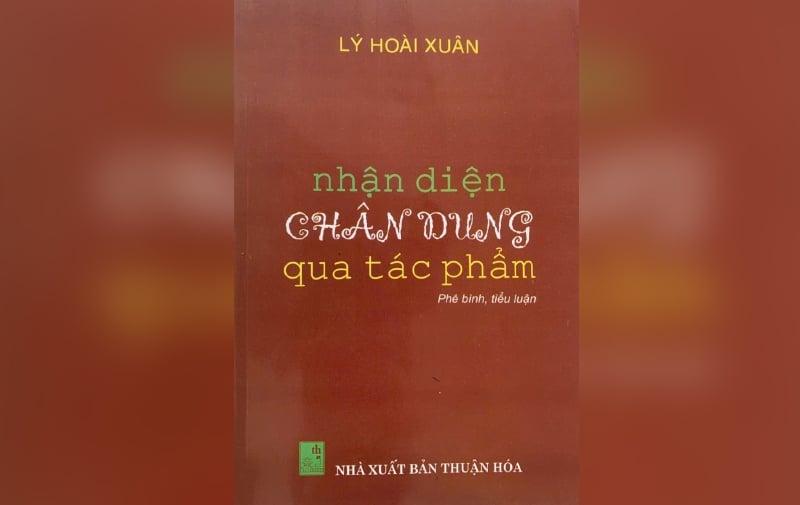
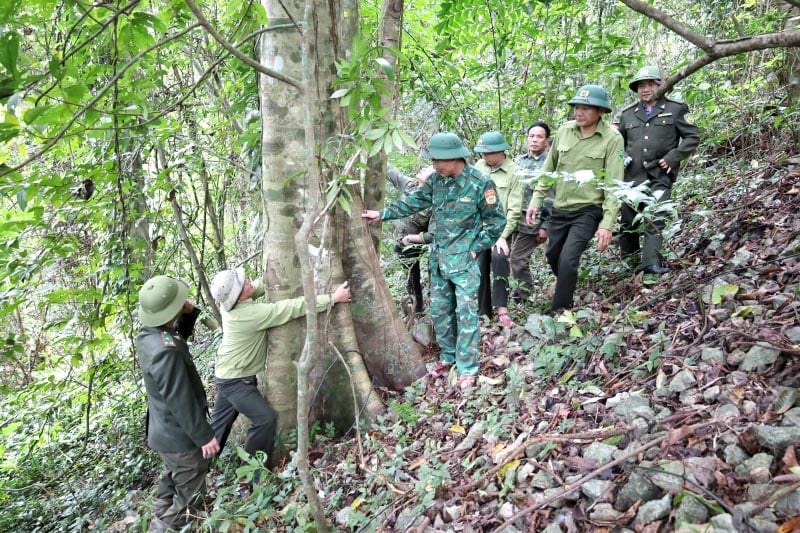







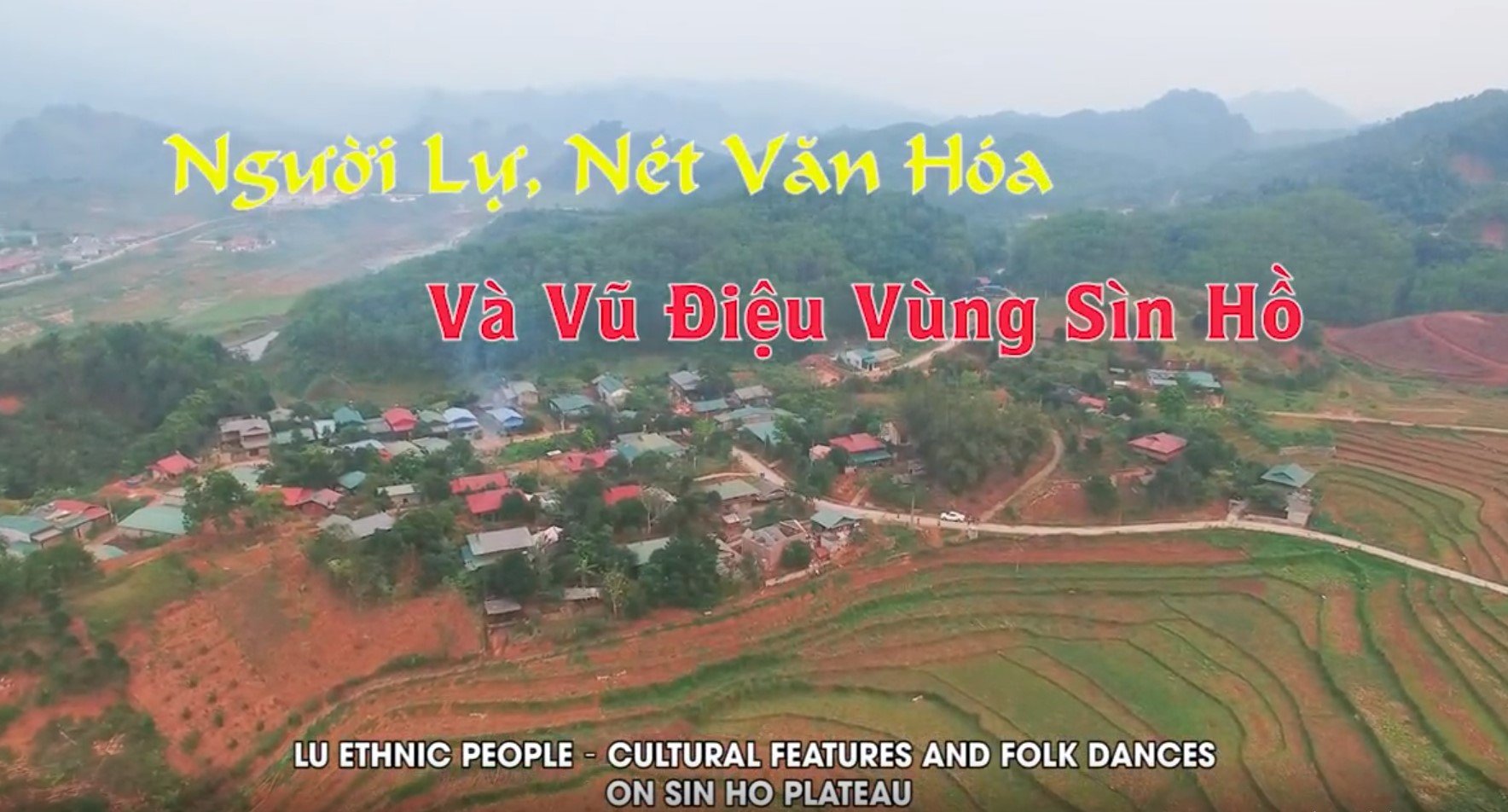
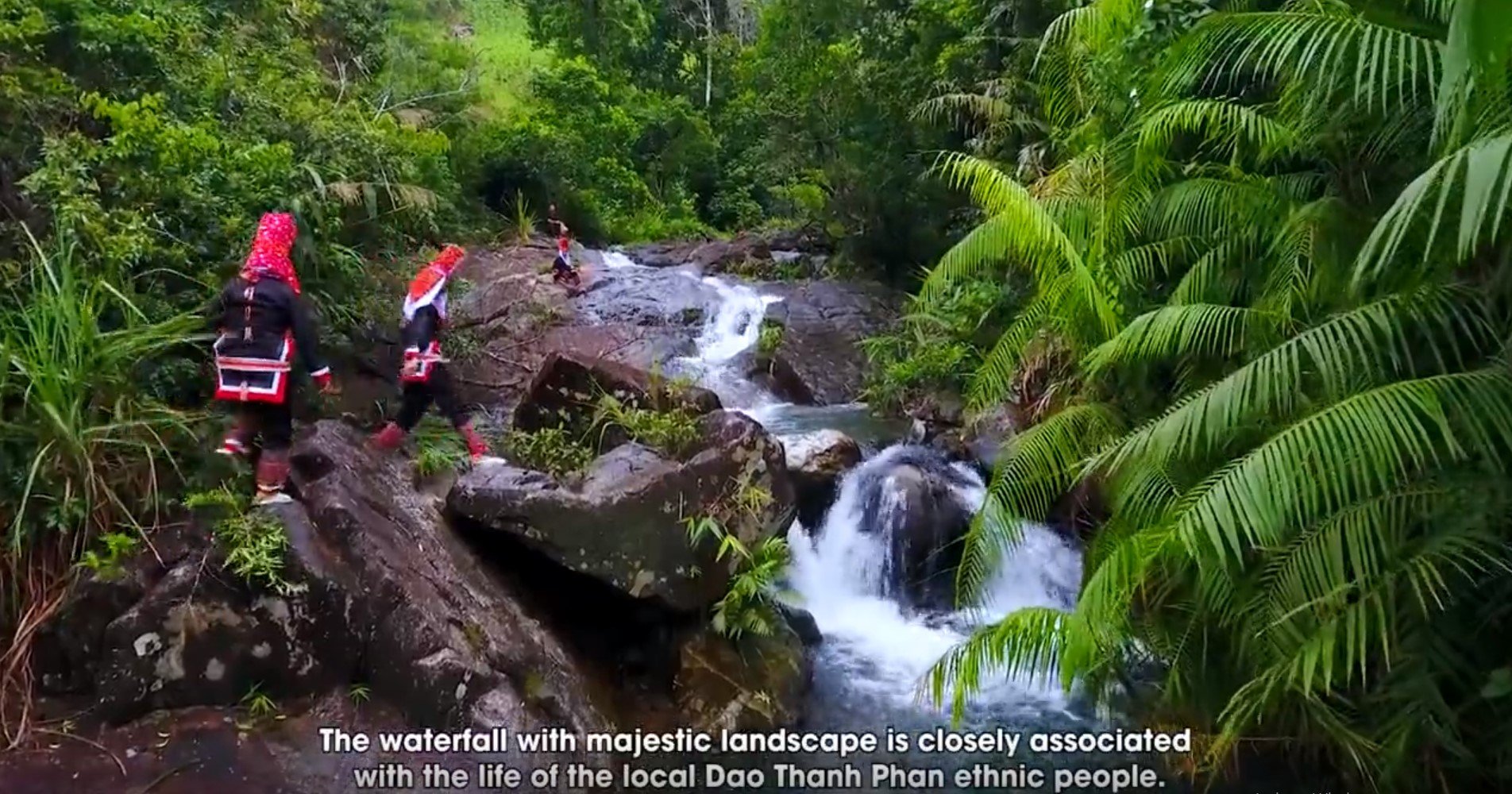

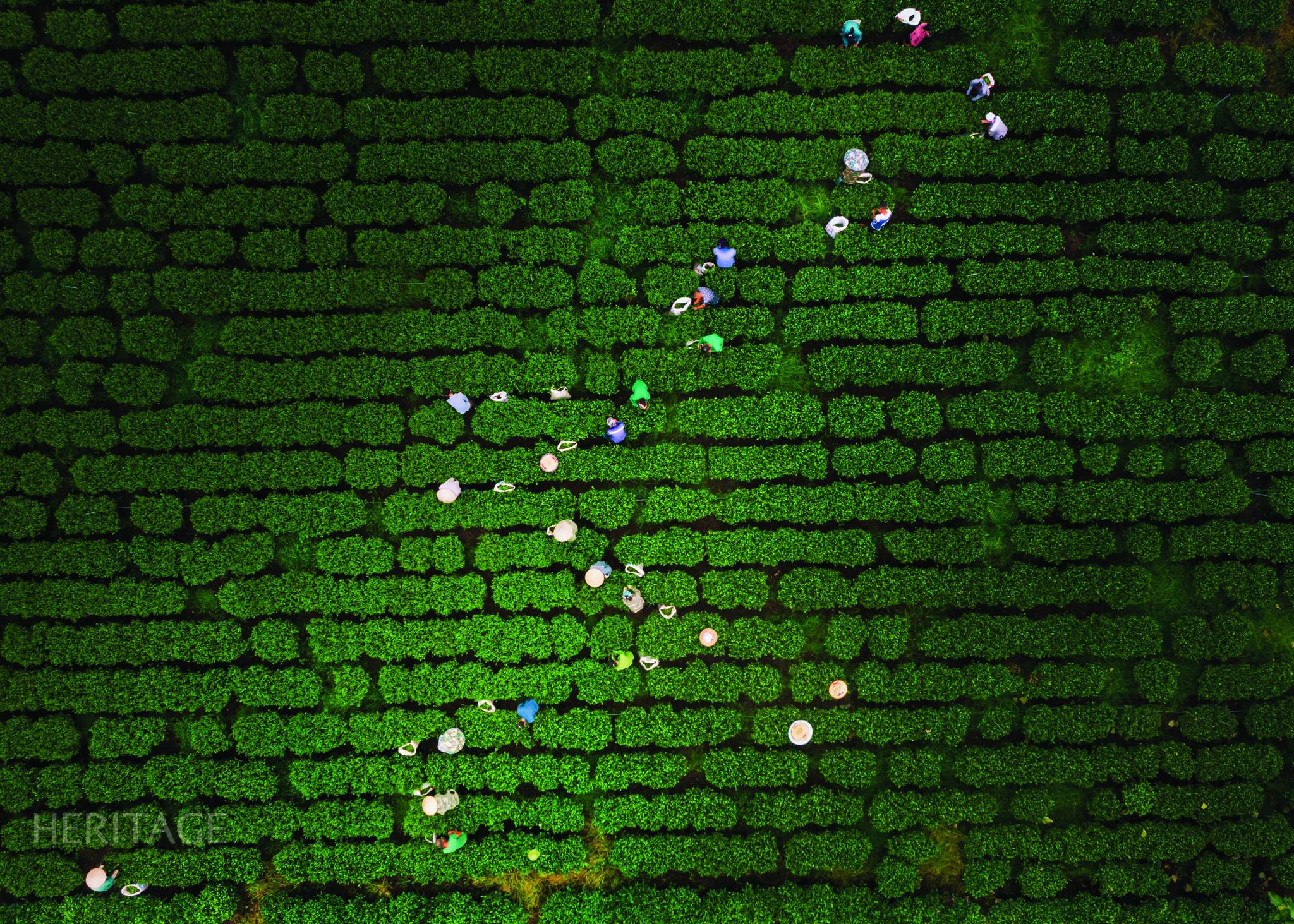

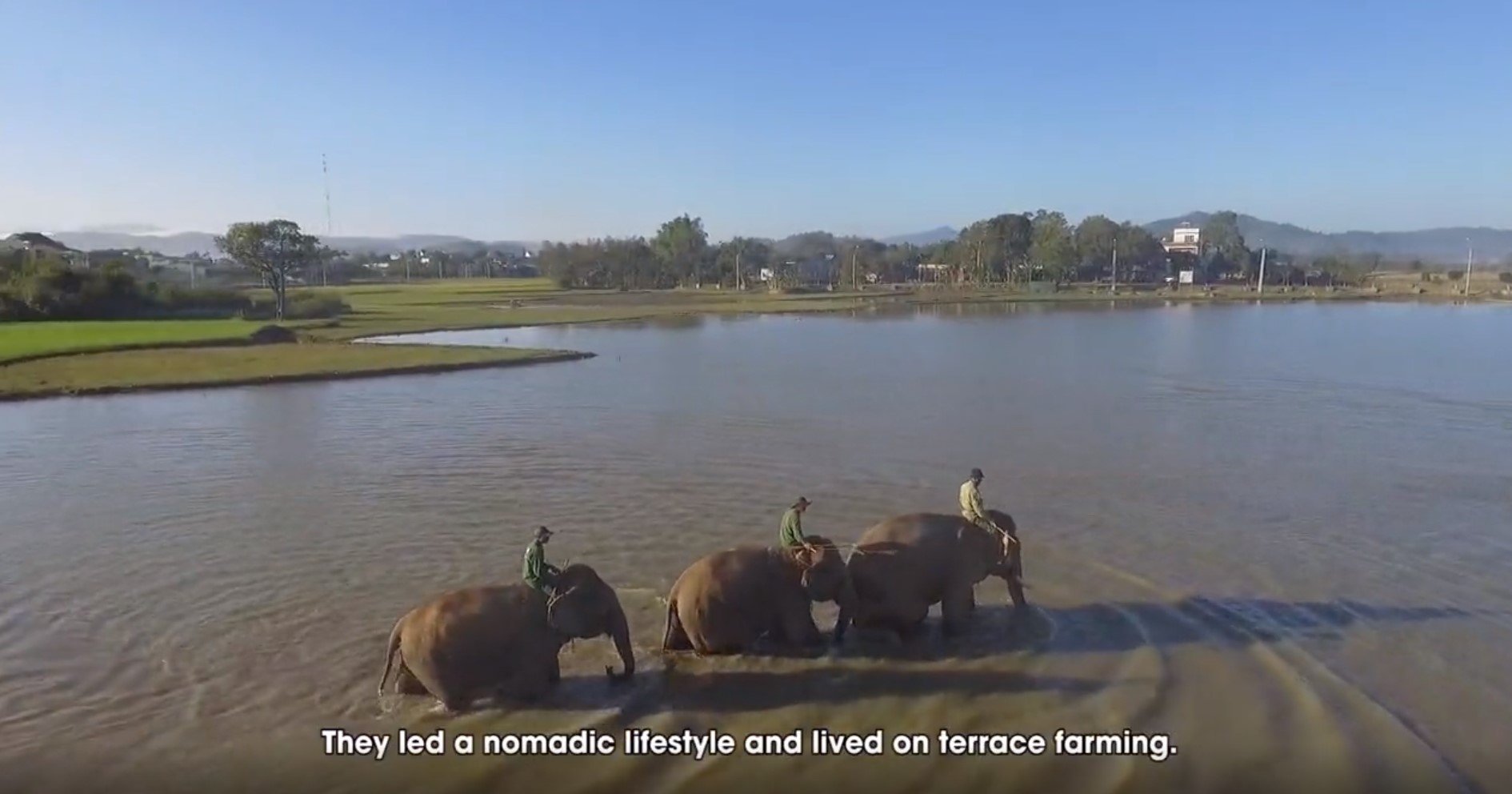







![[Photo] Prime Minister Pham Minh Chinh chairs Government Conference with localities on economic growth](https://vstatic.vietnam.vn/vietnam/resource/IMAGE/2025/2/21/f34583484f2643a2a2b72168a0d64baa)














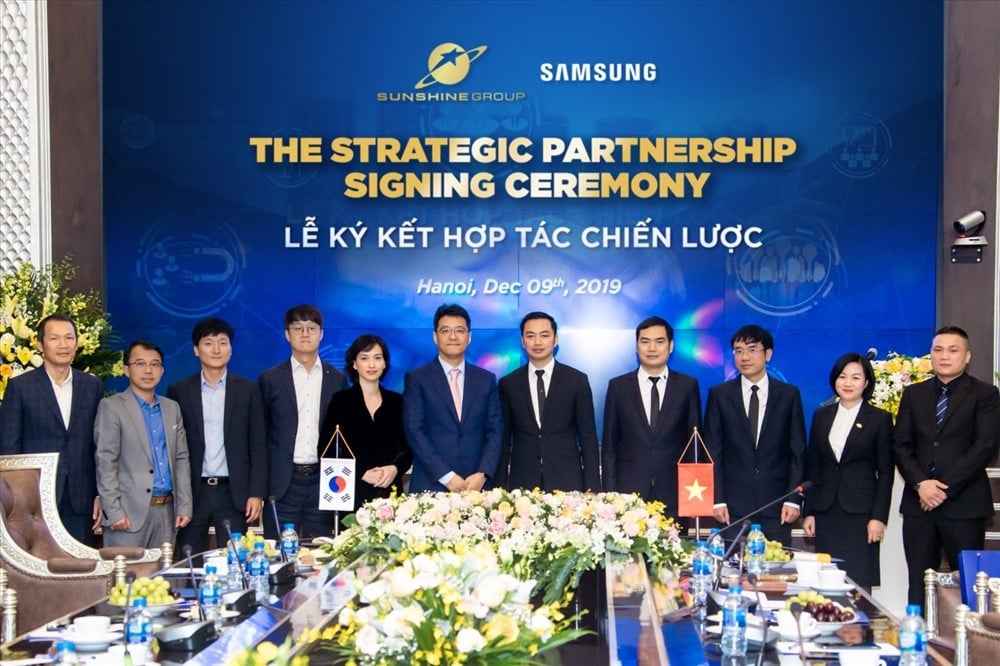



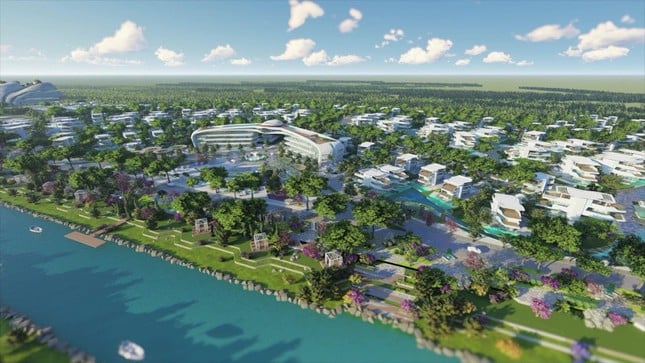








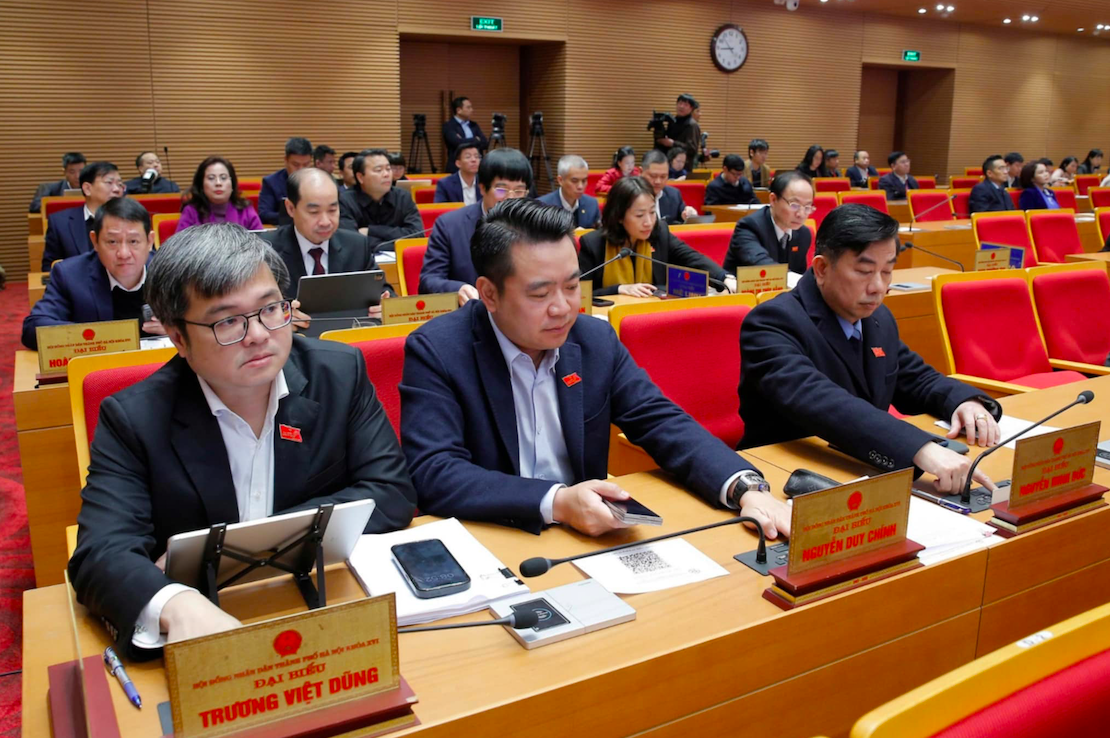
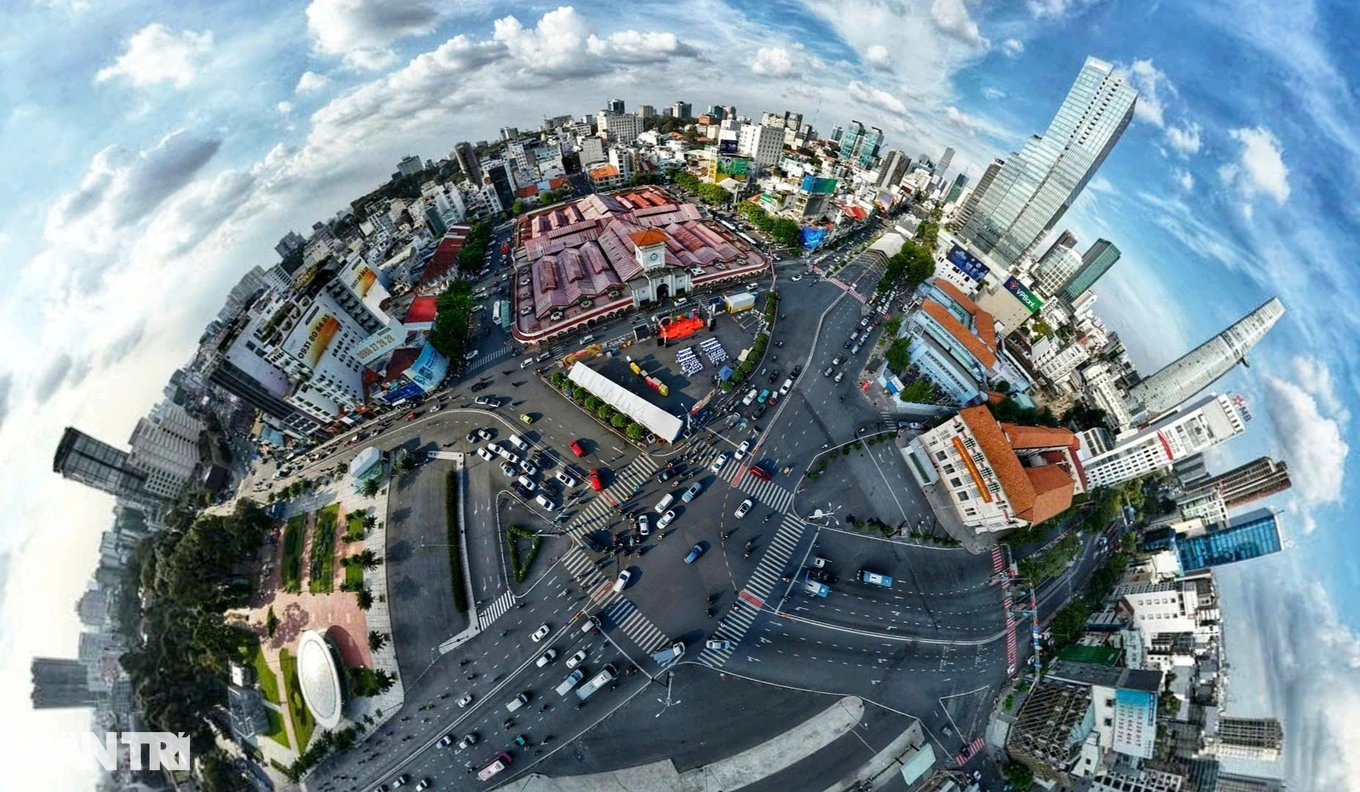



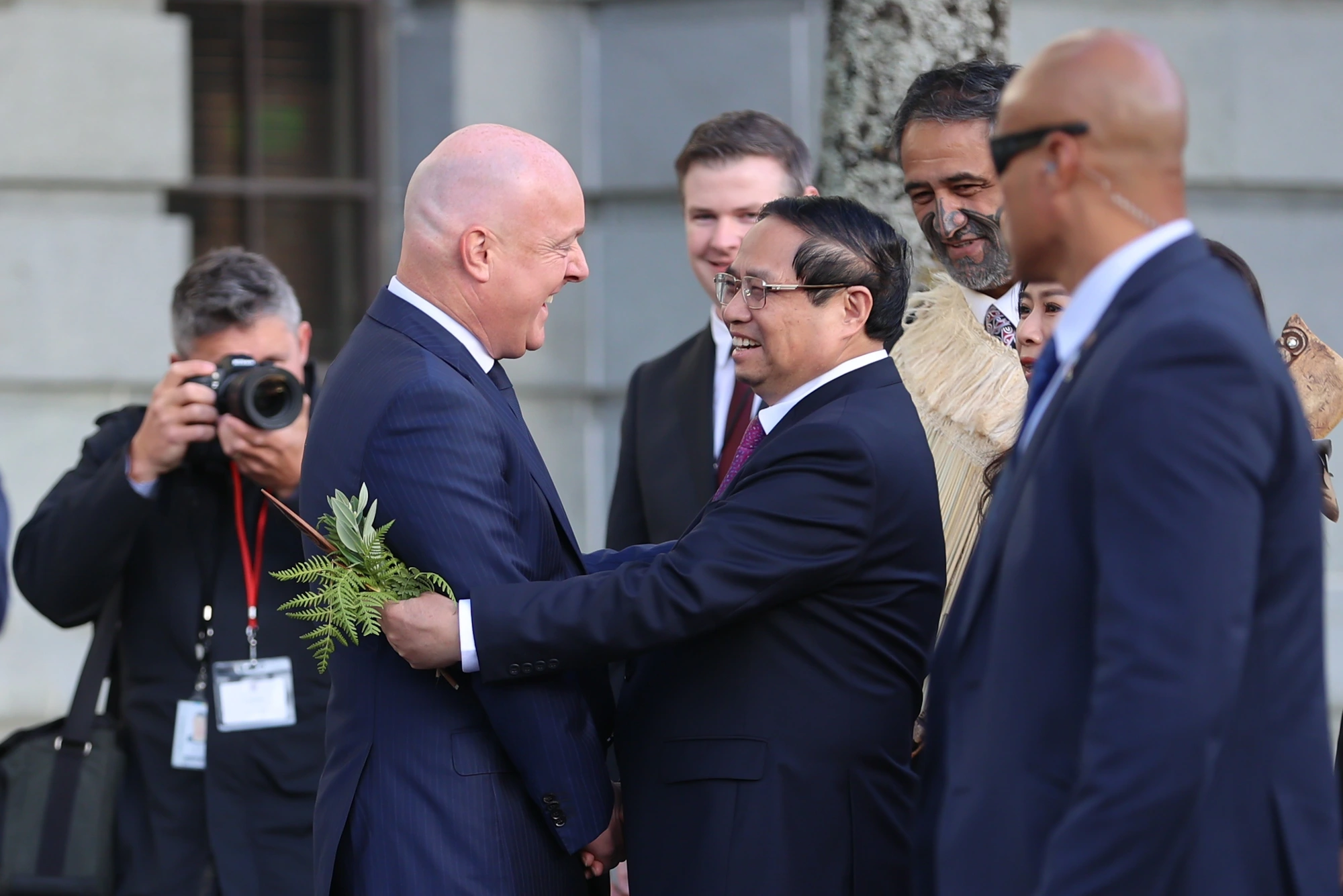




















Comment (0)